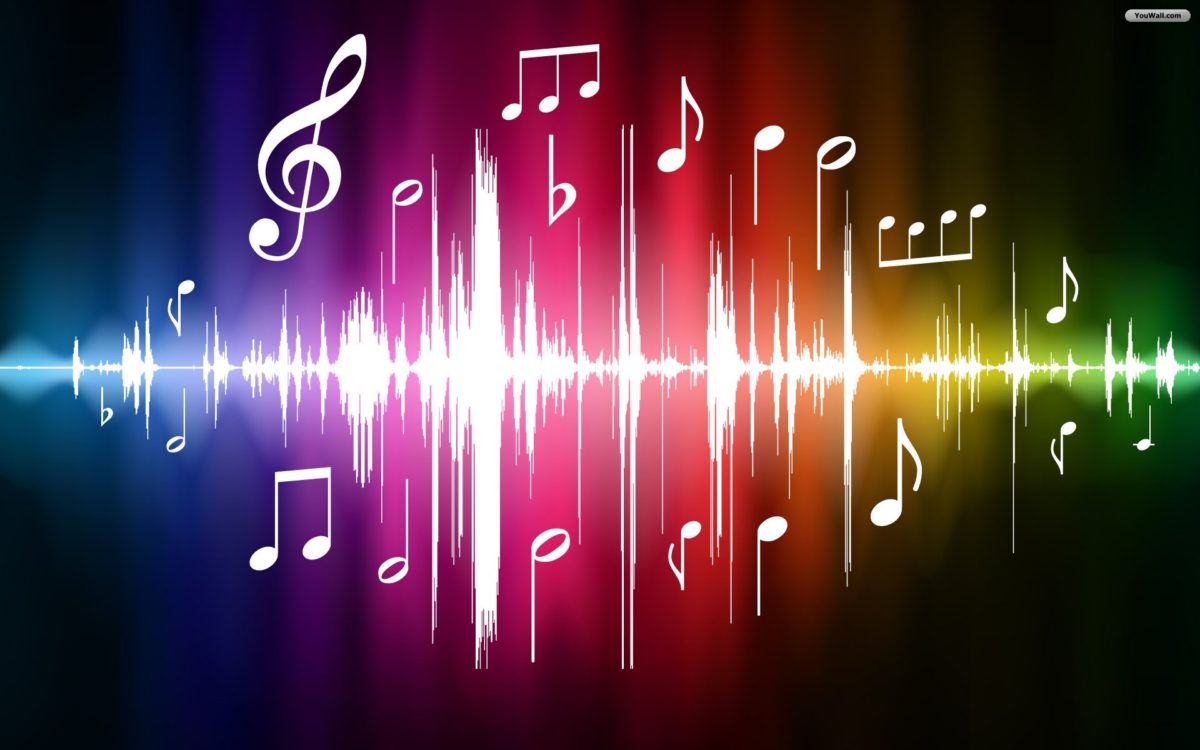Writing this during the Amsterdam Dance Event weekend, this blog is written about using Artificial Intelligence (AI) in the music industry.
AI technology is increasingly used as support in various industries. One of these industries is the music industry and the opportunities are truly endless. The use of AI in the music industry can be divided into three uses. Firstly, there is instrumental and vocal reproduction. Here, tone transfer algorithms are used to reproduce existing music with different tones or voices. A recent trend on social media platform TikTok is the AI Music covers, where the user can choose the singer (who does not need be able to sing) and the song. AI will generate the song using the input “artist”. For example, listen to this song where Freddie Mercury sings Skyfall by Adele. Obviously, Freddie Mercury had sadly passed away long before this song was released:
A second way of using AI in the music industry is mixing and mastering, which helps artists to balance instruments or clean up the audio in a song. For example, Paul McCartney has used AI this summer on an old recording from 1978 of John Lennon to clean up and use the vocals for a new song.
Third and last, AI is also used for song composition. This might be the type of use where the current music industry is most afraid of. AI models are trained based on the melodies, rhythms and forms of current music. Then, based on that, users can give instructions on what song should be composed. AI is able to generate high-quality music which is easily modified to one’s liking. For example, Don Diablo, a Dutch DJ is nowadays referring to himself as a “digital artist”, due to his use with AI. According to him, the opportunities are endless, and he does not see this technology developing further as a risk to the music industry.
Bibliography:
Palamara, J. (2023, August 14). 3 ways AI is transforming music. The Conversation. http://theconversation.com/3-ways-ai-is-transforming-music-210598
Reid, J. (2023, June 13). Paul McCartney says A.I. got John Lennon’s voice on ‘last Beatles record’. CNBC. https://www.cnbc.com/2023/06/13/paul-mccartney-says-ai-got-john-lennons-voice-on-last-beatles-record.html









